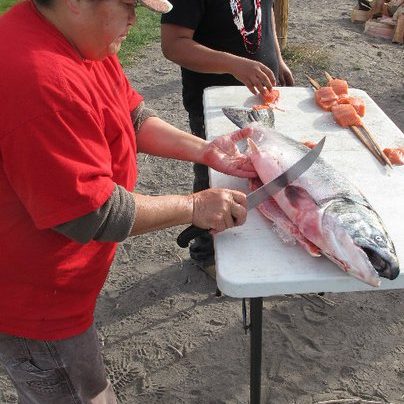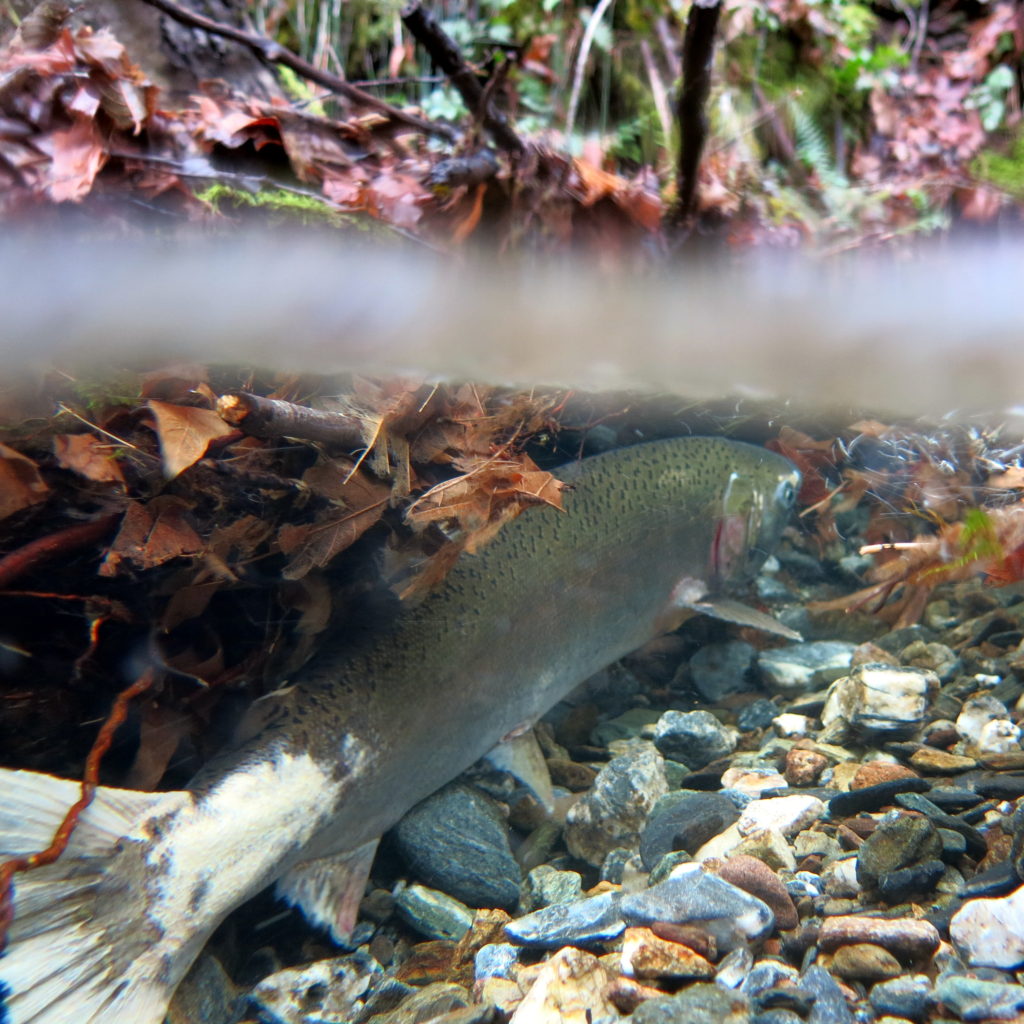Throughout California, threatened and endangered fish struggle to survive in rivers that are over-diverted, dammed, and otherwise modified. The overarching threat of climate change only intensifies the challenges these species face by decreasing streamflow, increasing water temperature, and shifting habitat for native and nonnative fish species. Surface water diversions and excessive groundwater pumping leave many California streams and rivers completely dry, or with water levels that are inadequate to sustain fish, wildlife, and recreation. Even prior to the multi-year drought of 2012 to 2015, salmon runs in the wild and scenic but embattled Klamath River watershed crashed due to severe dewatering. Further south, salmon struggle to reach their spawning grounds in the Russian River, Yuba River, and in numerous southern California watersheds. Entire river flows in California have been diverted, stranding adult fish and leaving spawning grounds dry. In many regions, excessive surface water diversions and groundwater pumping have continued for years largely unmitigated by agency action.
Our state’s failure to recognize and protect water flows needed for healthy rivers and fish through the water rights permit process has hastened the over-appropriation of water from rivers and streams, and has resulted in the demise of endangered salmonid species such as Coho and Chinook salmon and steelhead trout. Ongoing illegal diversions and barriers, which are rarely policed, compound this problem and leave little water for downstream water rights users and wildlife dependent on this flow.

CCKA and California Waterkeepers work to ensure state and local agencies protect our public trust resources and defend against the waste or unreasonable use of water affecting California rivers and streams. In 2014, CCKA and local California Waterkeepers empowered local stakeholders who know California rivers, creeks and communities best — Native American tribes, river-dependent communities, sport and commercial fishing operations, and many recreational and tourism businesses — to shape the way that Proposition 1 investments are made to achieve permanent, binding and quantifiable instream flow dedications. Our organizations have developed a specific set of “core flow funding priorities” that serve as a guiding framework to focus outreach with partners, agency staff, and other water stakeholders. We have also worked with economists at Ecosystem Economics to survey and analyze relative costs and benefits of various flow restoration strategies and projects employed to date. Download the report here.
As we look ahead to a hotter and dryer future, CCKA is committed to using every tool we have to restore our rivers to ensure they are healthy and flowing.
